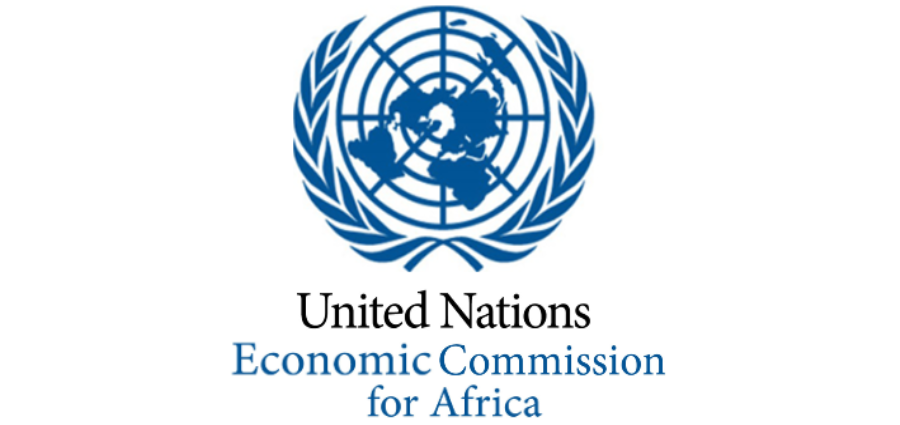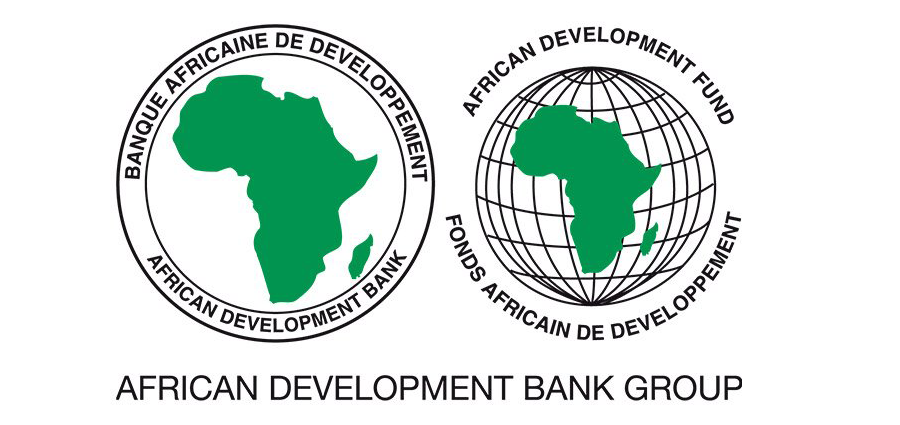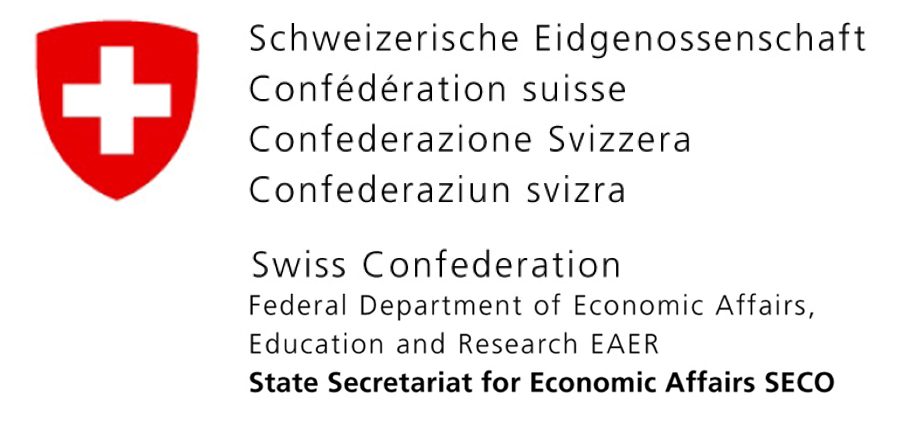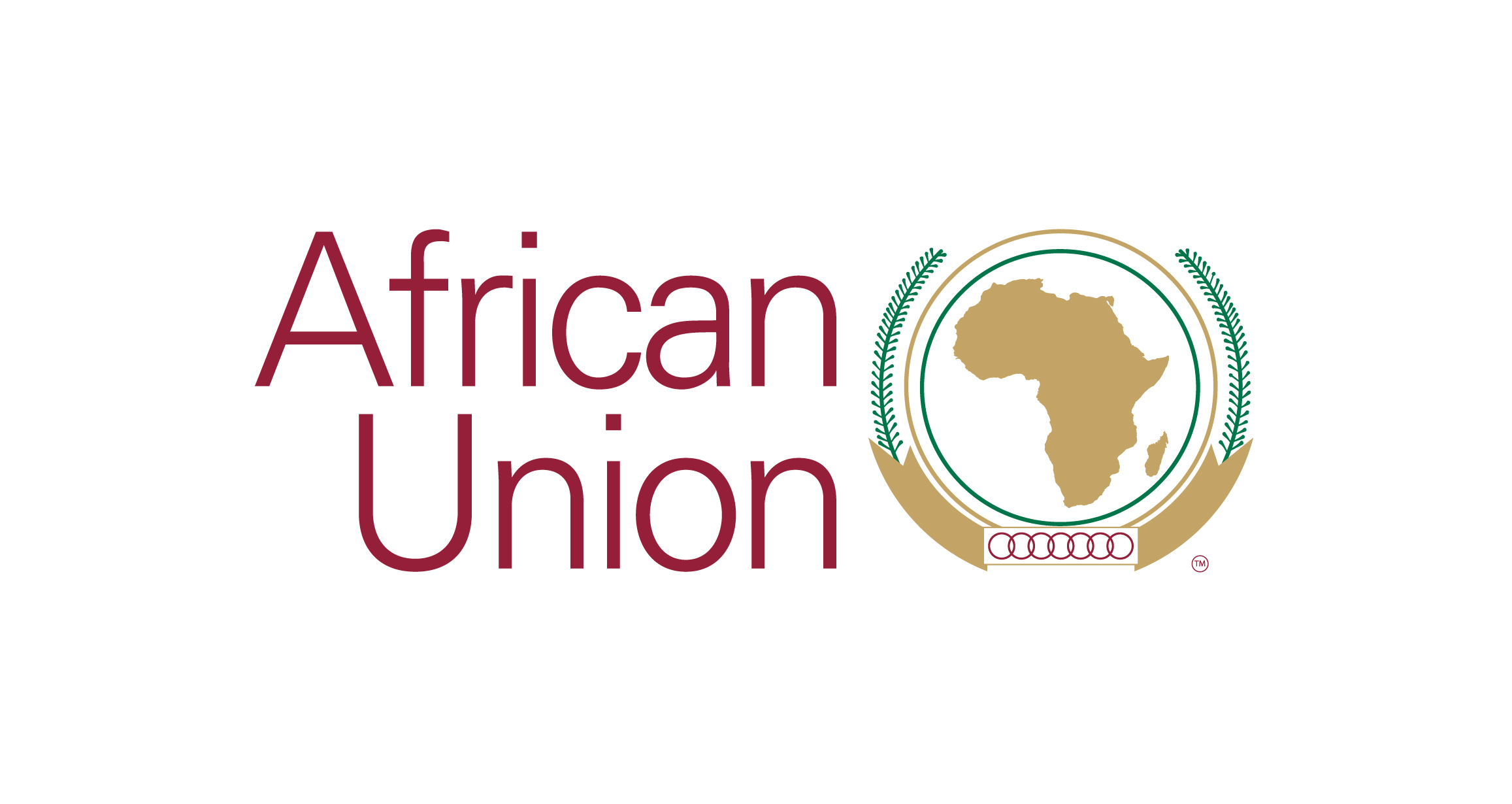The African Union Commission hosts the 2nd General Assembly of the African Road Safety Observatory Online
The African Road Safety Observatory (ARSO) is one of the main achievements of the African Road Safety Agenda over the 2011-2020 decade. The objective of ARSO is to foster national, international and continental cooperation to generate a robust body of road safety data, to influence public policies and enable countries to address global and African roads safety challenges. SSATP has been providing the necessary technical and financial assistance together with other partners (FIA, ITF, WB, WHO, EU, etc.).
The first General Assembly of ARSO was organized by the African Union Commission (AUC) and SSATP in Durban, South Africa from June 27-28, 2019. Among other outcomes, the meeting validated ARSO's first two-year action plan prepared by the Transitional Steering Committee (TSC). Over the two-year period, the Committee completed many actions, published the 2020 Africa Road Safety Status Report, and drafted an action plan for the coming two-years, which was to be analyzed and validated at the Second General Assembly.
Furthermore, in June 2020 the STC-TTIIE adopted the African Road Safety Action plan for the Decade 2021-2030 in which ARSO was given a privileged place - ministers adopted a concept note to request a derogation against the ongoing moratorium on the creation of new organs in the AU with the aim of establishing ARSO as a fully specialized agency of the AU. The full implementation of ARSO was also qualified as an emergency matter due to the Africa's ongoing road insecurity scourge. Most recently, with EU funding, the AUC hired expert consultants to assess the structural, institutional and financial implications of ARSO on the AU. The consultancy work will also elaborate a 10-year business plan for ARSO and define the appropriate structure, institutional framework, instruments and financial mechanisms to use. This work needs to be reviewed by the AU member states.
The Second General Assembly held virtually on March 22-23, 2022 was an occasion to host a specific meeting dedicated to the National Data Coordinators (NDCs) of ARSO and encourage countries that have not yet designated their NDCs to do so. Furthermore, during the meeting, the WHO was able to activate the African Road Safety Network of Legislators tasked with advocating for the ratification of the African Road Safety Charter and the road safety agenda more broadly.
More specifically, the objectives of the Second General Assembly were to:
- Advocate for the ratification of the African Road Safety Charter.
- Contribute to the ongoing consultancy on governance arrangements for the ARSO.
- Validate the ARSO first data report and share lessons learnt.
- Release the ARSO Annual Report and update members on recent ARSO activities.
- Validate ARSO's second three-year work program.
- Convene the NDCs for capacity building purposes and for making arrangements for the second wave of data collection.
Concept Note & Agenda:
Opening Remarks:
- Mustapha Benmaamar, Acting Program Manager, SSATP
- Dr. Amani Abou-Zeid, Commissioner for Infrastructure & Energy, AUC
- Honorable Minister Lebohang Monaheng, Minister of Transport, Kingdom of Lesotho / Chair of the STC-TTIIE
- Jean Todt, UN Secretary General's Special Envoy for Road Safety
Meeting Documents & Presentations:
- ARSO, Album of Progress to Date (2018-2021)
- Benacer Boulaajoul, Transitional Steering Committee (TSC) Chair, ARSO Overview
- Robert Lisinge, African Road Safety Action Plan (2021-2030)
- Yonas Bekele, Progress Report of the First Generation Workplan (2018-2021)
- Mustapha Azzouzi, Africa Status Report on Road Safety 2020
- Dr. Kacem Iaych, Preparation of the 5th Global Status Report on Road Safety 2023 and the role of the NDC
- Arif Uddin, Key Recommendations & Next Steps
- Placide Badji, ARSO Timetable
- Sydney Ibeanusi, TSC Member, Proposed Work Plan (2022-2024)
- Peter Whitten, EU Cooperation on ARSO
- Technical Assistance to the African Union-Infrastructure Support Mechanism
- ARSO Work Plan Proposal 2022-2024 (draft for discussion)







